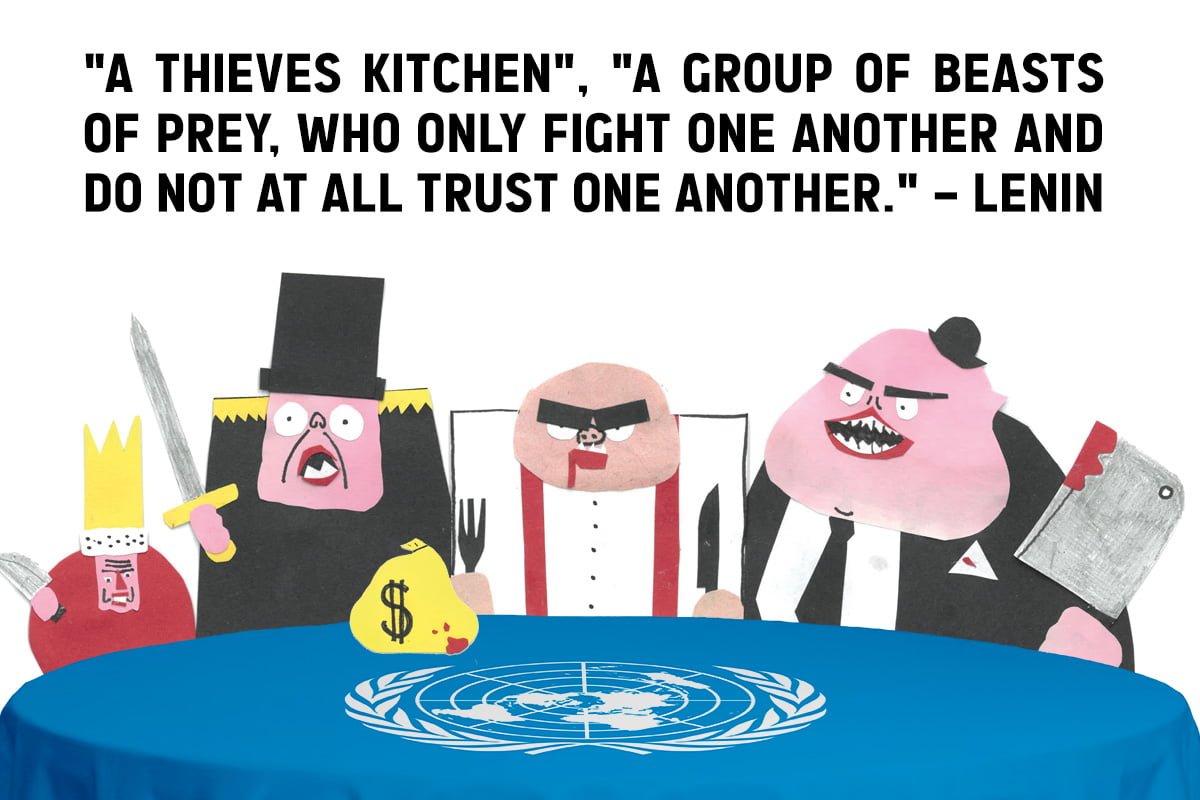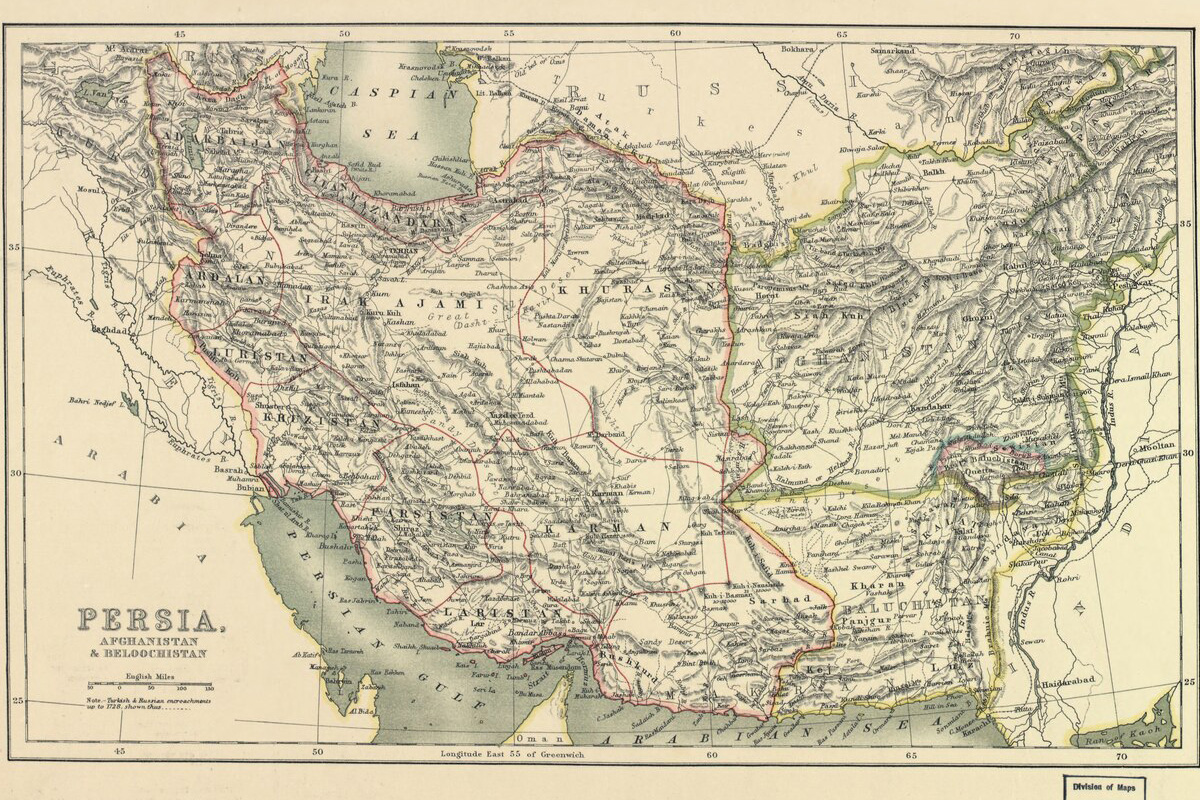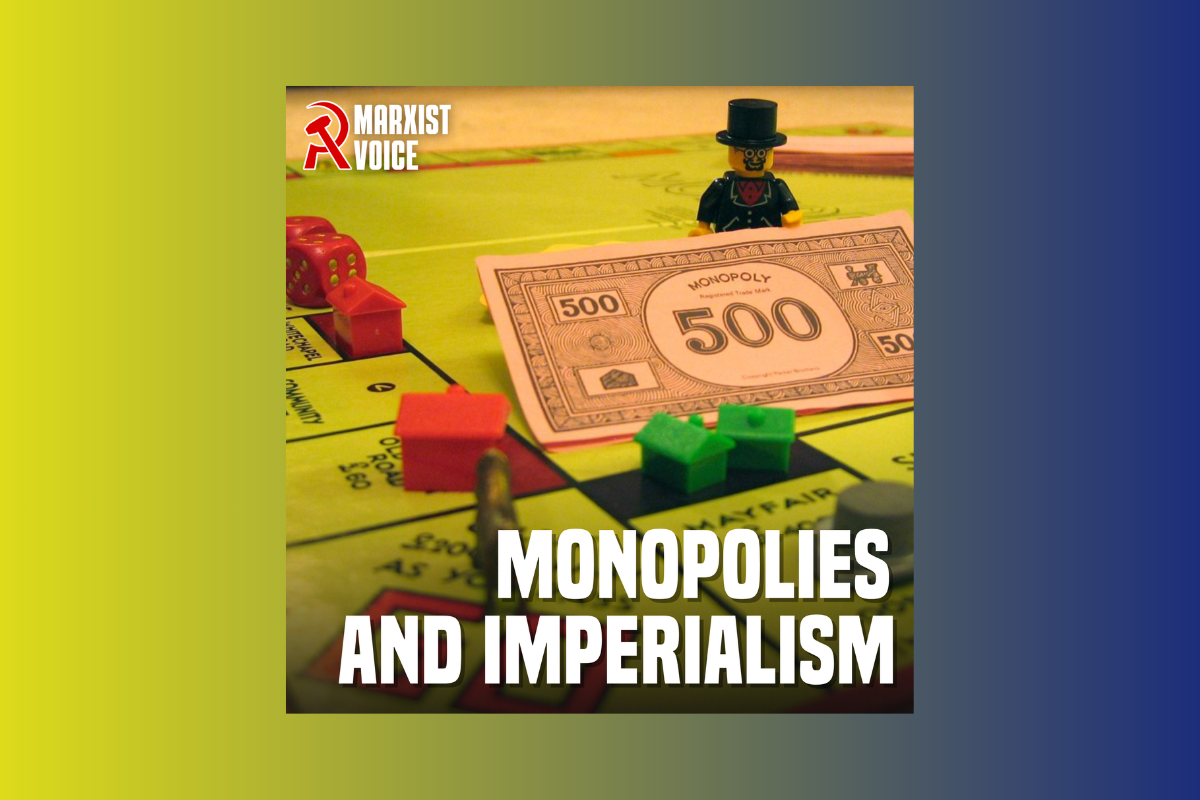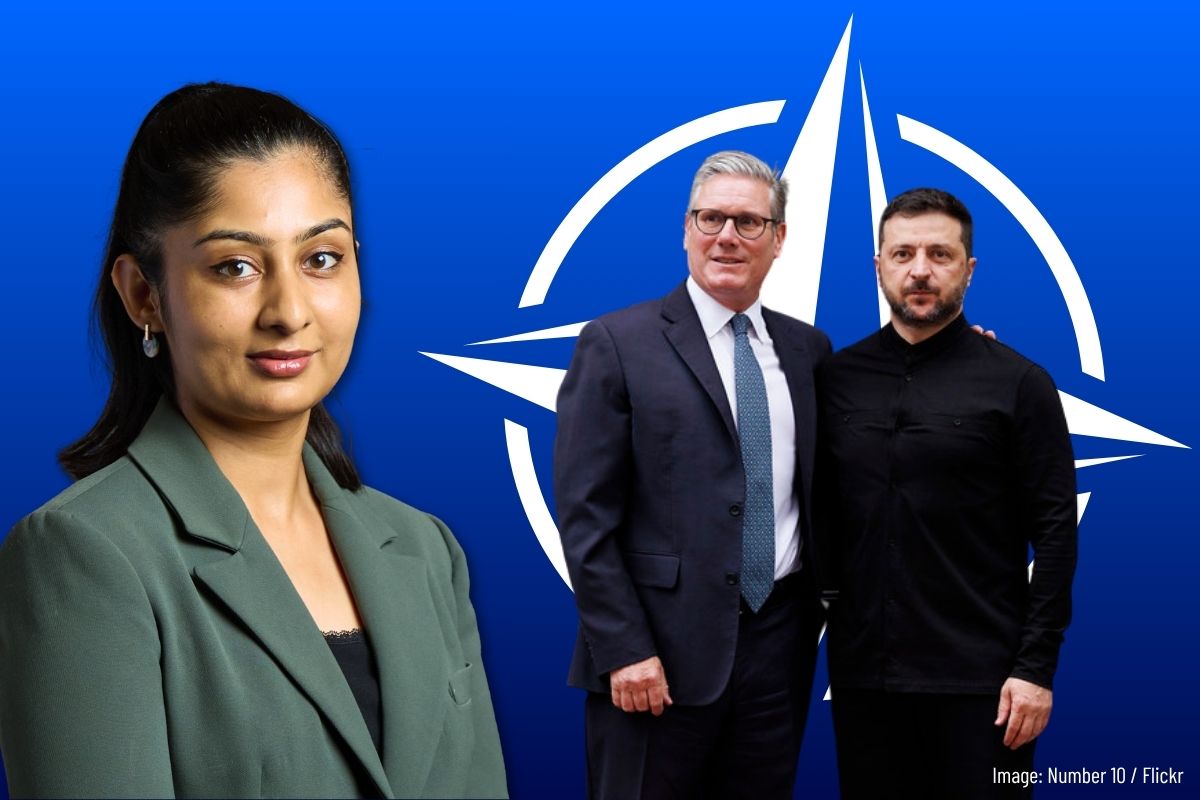The world is watching Israel’s war on Gaza with horror. Over 30,000 have been killed, half a million are facing hunger, and 2.2 million people are living in barbaric conditions.
Already the western imperialists are spreading the conflict across the Middle East, leaving a trail of death and destruction in their wake.
For the past three months, workers and youth across the world have mobilised massive marches calling for a ceasefire, desperate for the bombing to stop.
Many of the leaders of the Palestine solidarity movement are putting all their hopes in the United Nations (UN), hoping that world leaders can gather around the table and find a peaceful solution.
‘International law’
The UN Secretary General António Guterres has described the situation in Gaza as ‘hell on earth’. He has repeatedly called for a ceasefire. Yet every attempt to pass a resolution calling for a ceasefire in the UN Security Council has been blocked by the United States.
So when the UN’s International Court of Justice (ICJ) ruled that it was “at least plausible” Israel is committing genocide, many activists and leaders within the Palestine movement saw it as step in the right direction.
Lindsey German from Stop the War (StW) wrote that: “The court’s ruling on the case brought by South Africa was a powerful indictment of Israel and said that the country had a case to answer for possible genocide.”
German thought it was “disappointing” that the ICJ had not called for a ceasefire, because “it has the power to do…as it did with Russia over its invasion of Ukraine”. She however welcomed the ICJs demand on Israel to “take steps to prevent genocide”.
The example of Russia precisely proves, however, that while the ICJ can make all sorts of demands, it has no power whatsoever to enforce them.
Similar statements can be found from Palestine Solidarity Campaign (PSC), who begged the Tory government to respect the court. They wrote: “The ICJ, as an internationally recognised judicial body, has the mandate to interpret and apply international law. Its rulings should be respected and upheld by all states, including the UK.”
So instead of exposing the impotence of UN bodies such as the ICJ, and the sham of so-called ‘international law’, both StW and PSC spread illusions in these institutions.
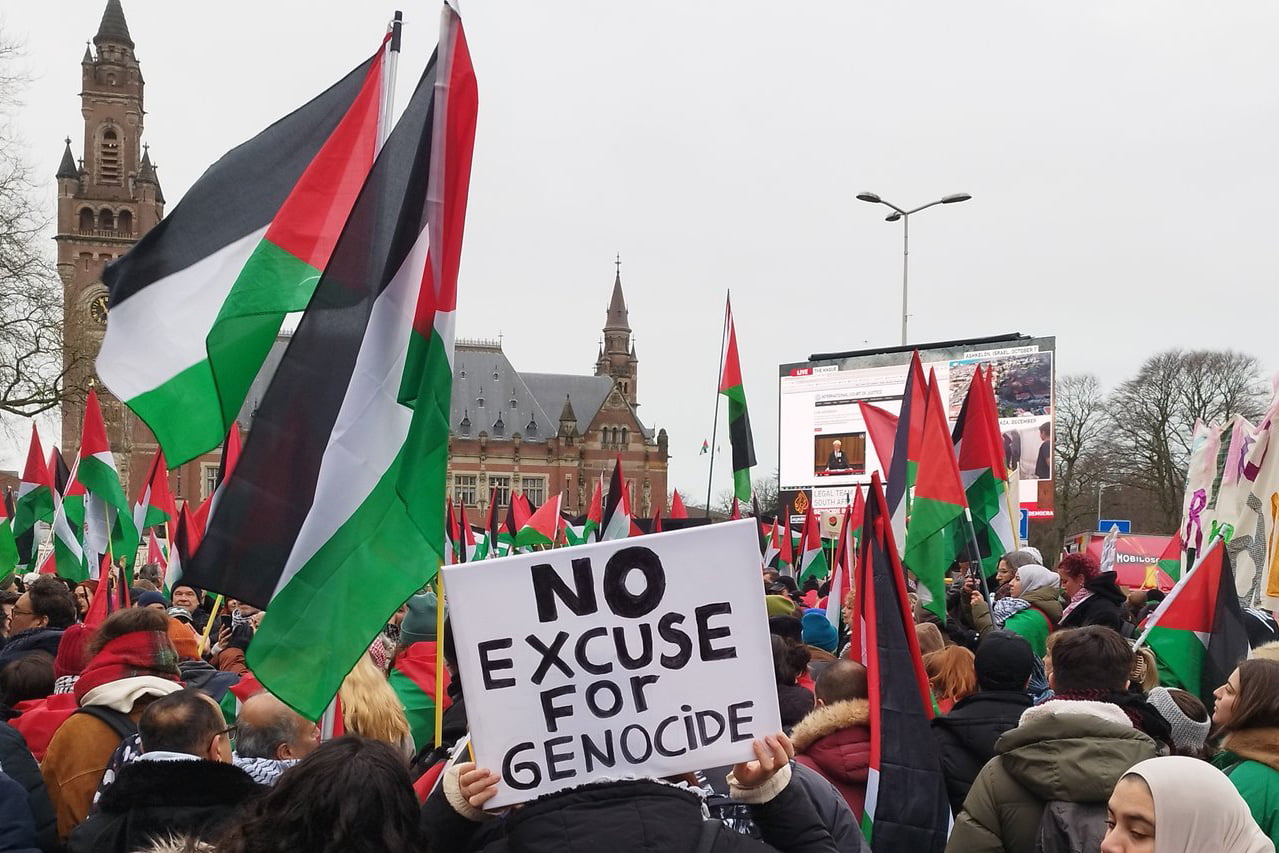
The only solutions that they offer is the abstract need for more ‘international pressure’ on Israel to force them into a ceasefire and to end the occupation.
In the last few months, however, international pressure has indeed mounted on Israel. But still nothing – including the ‘demands’ of the ICJ – is stopping Israel from carrying out the mass murder of the Palestinian people.
Pessimism
There is now widespread pessimism about the UN’s future. The recent turbulent events in the Middle East have completely paralysed the organisation. But the crises within the UN started long before the war in Gaza.
It has been unable to respond to conflicts such as the war in Ukraine, the civil war in Sudan, or the multiple coups in West Africa. UN peacekeepers were even kicked out from Mali this summer.
In an interview with the Financial Times podcast The RachmanShow, Mark Mallock-Brown, the former deputy secretary general of the UN, said that the reduced peacekeeping operations in Africa is a “very low point”, and that the UN is looking like it is in very serious troubles at the moment.
In September, at the annual UN General Assembly meeting, António Guterres warned that a “great fracture” in the global governance system was looming. He said: “We cannot effectively address problems as they are if institutions don’t reflect the world as it is. Instead of solving problems, they risk becoming part of the problem.”
This pessimism is a symptom of the fracturing of world relations, given the worldwide crisis of capitalism, the relative decline of US imperialism, and the rise of both China and Russia as imperialist powers.
Harmony
The UN describes itself as being the “one place on Earth where all the world’s nations can gather together, discuss common problems, and find shared solutions that benefit all of humanity”.
It claims that its ‘four purposes’ are to: 1) maintain international peace and security; 2) to develop friendly relations among nations; 3) to cooperate in solving international problems and in promoting respect for human rights; and 4) to be a centre for harmonising the actions of nations.
From this, one would think that the UN is an independent organisation with some special power to make the world’s leaders somehow ‘see sense’ and finally unite for the good of humanity.
The idea that the UN can provide a platform for ‘harmonising’ solutions between nations implies that the differences between them are merely accidental, and that arguments or disagreements between nations can be overcome simply through discussion.
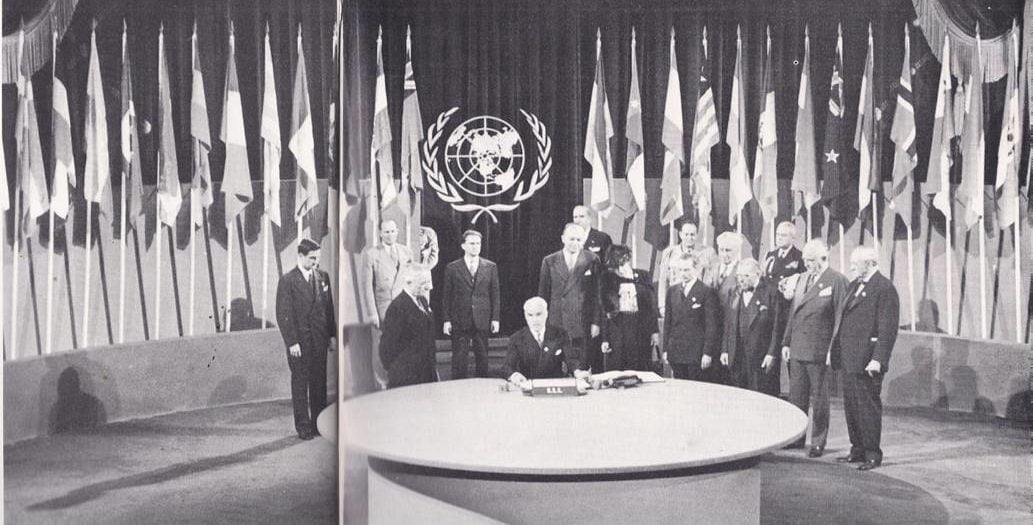
But one only needs to flick through the UN’s track record to realise that ever since it was founded in 1946, it has never been able to secure international peace or develop friendly relations between nations. War has been a permanent feature of the world during the UN’s entire existence.
Indeed, Uppsala University in Sweden identified 285 distinct armed conflicts that have taken place since 1946. Instead of preventing war, the UN has done the exact opposite.
Dis-United Nations
Tensions between countries, conflicts, and war are inevitable under capitalism. This is as nation states are in constant competition to survive on or/and dominate the world market, where the powerful gobble up the weak. It is naive to think otherwise.
Today, with the concentration of capital in a few key monopolies and financial institutions, capitalist nation states are highly interlinked with private and state monopolies.
Lenin explained that the cause of war in the modern epoch is the division of the world between competing imperialist nation states. Conflicts and wars will inevitably erupt from the contradictions between different nation states, which at the end of the day are rooted in the interests of their respective capitalist classes.
The UN is not an independent body which acts on its own accord, but is made up of representatives from nearly 200 competing nation states. But among these, it is the big imperialist powers that call the shots – and none more so than the USA.
The permanent members of the UN Security Council are the US, the UK, Russia, China, and France, all of whom have veto rights. These imperialist powers always look after their own interests first.
Since the UN’s inception, it was paralysed between the irreconcilable interests of western imperialism on the one side, and the Stalinist bureaucracies of the USSR (and later China) on the other. This conflict has only continued with the restoration of capitalism in Russia and China, and their development into imperialist powers.
With the breakdown of globalisation and the major crisis in world relations, the impotence of the UN is being increasingly revealed. The US, UK, and France cannot be expected to find an agreement with Russia or China on questions like the war in Ukraine, the global trade war, or the situation in West Africa. The interests of the imperialist powers on these questions are mutually exclusive.
Lenin explained that the League of Nations, the UN’s predecessor, was a unification on paper only. In reality it was a group of beasts of prey in constant struggle with one another and who will never trust one another.
Lenin described the League of Nations as a “thieves kitchen” – “a piece of fakery from beginning to end; it is a deception from beginning to end; it is a lie from beginning to end”.
Tool of imperialism
So rather than being an instrument for peace, the UN is a tool of imperialism.
This can be seen when the UN intervened after the colonial revolution in the Republic of Congo in 1960.
Once Congo had liberated itself from Belgian domination, an insurrection backed by their former coloniser broke out in the mineral-rich south east of Congo. The insurrection was a clear attempt to destabilise the new government led by Patrice Lumumba, the first democratically elected Prime Minister.
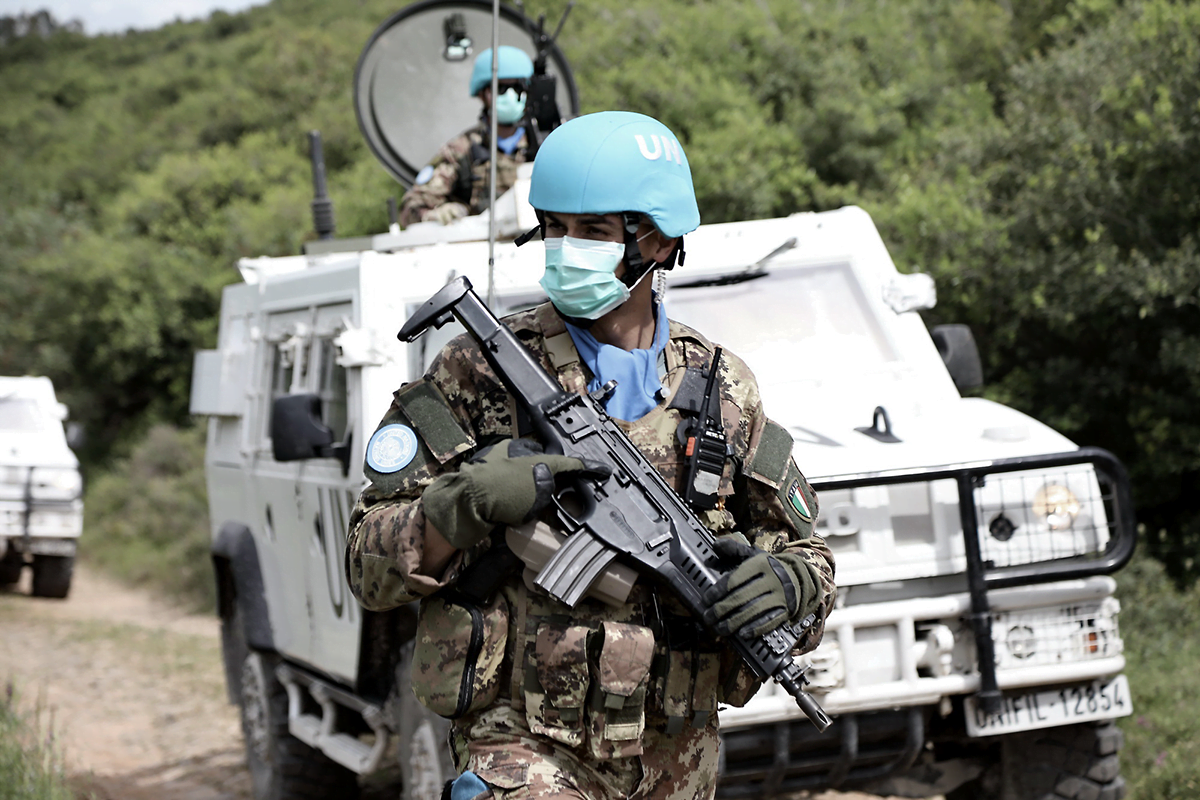
Congo reached out to the UN Security Council for help, who responded by sending over 13,000 troops. They also sent a large civilian UN task force to take over public administrations like airfields, hospitals, communications, the central bank, police, etc.
But instead of helping Congo, the UN’s presence made it more difficult for the newly-elected government to function. The UN never condemned or took any action against the Belgians. Instead they prevented Lumumba from calling for support from friendly African nations and blocked aid from the Soviet Union.
Coup
Western imperialism was highly concerned about the spread of the colonial revolutions, and was determined to put an end to Lumumba’s government. These western imperialists were the main source of the UN’s authority.
From the start, the UN worked against the newly elected government.
After Lumumba had reached out to the Soviet Union for aid, the CIA (which has a long history of interfering with foreign governments) was authorised by the White House to “replace the Lumumba Government by constitutional means”. The CIA sponsored protesters to disrupt Lumumba’s speeches, and began scheming to assassinate him.
A few months later, Lumumba was removed and executed in a coup organised by the Chief of Staff of the Army, Mobutu. The actions against Lumumba were openly supported by Belgium and the United States.
Although the UN knew that Lumumba had been under threat of assassination, nothing was done to prevent it from happening. Instead, they were relieved when Mobutu came to power.
Brian Urquhart, the UN’s main representative in Congo at the time, said that:
“By comparison with his boss, Mobutu was a pillar of pragmatism and common sense.
“In those early days, Mobutu seemed a comparatively sensible young man, one who might even, at least now and then, have the best interests of his newly independent country at heart.”
By ‘common sense’, Urquhart meant an amenability to opening up Congo to western imperialism, and a rejection of the USSR.
The UN’s professed mission to bring ‘peace’, ‘democracy’, and ‘human rights’ therefore evaporates upon contact with the heat of real class struggles and conflicts between the powers.
This is for the simple reason that the UN is no more than a talking shop; a diplomatic cover for the main imperialist powers.
The UN is interested in ‘peace’ only insofar as the imperialist powers, from time to time, desire peace. But when a government, such as Lumumba’s, threatens their interests, peace goes out the window.
Haiti
A more recent example of UN ‘peacekeeping’ in the interests of imperialism is the case of Haiti.
The United States backed a coup in 2004 against the left-wing president Aristide. Just like Lumumba, Aristide was also the first elected president of the country. UN troops were sent there immediately after the coup to prevent any attempts of Haitians to organise against the new western-backed regime.
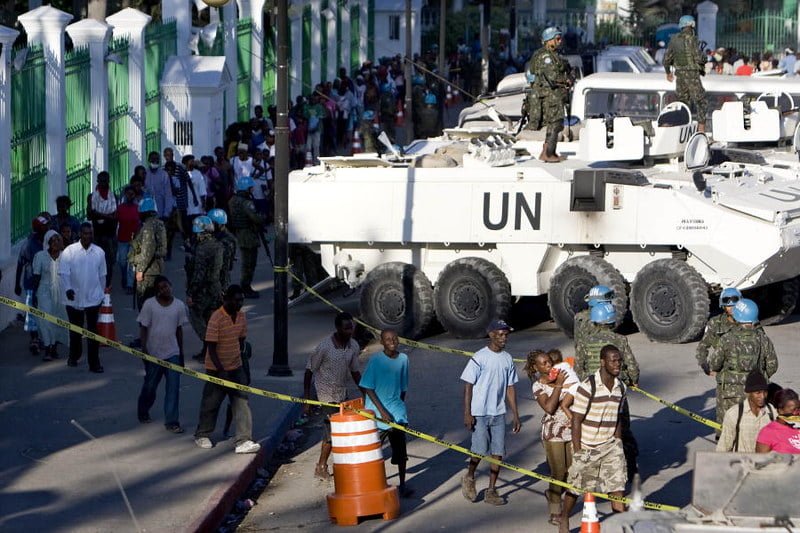
The UN mission (MINUSTAH) was specifically designed to prevent “resurgent populist and anti-market economy political forces”, and even worked to ban Aristide from returning to Haiti. So much for promoting respect for human rights!
This was all justified on the grounds that any movement against the new government threatened ‘peace and stability’. The UN thus set itself the task of preserving the ‘order’ of the rotten status quo.
MINUSTAH lasted from 2004-2017. In those years, the so-called ‘peacekeepers’ showed their true faces in a number of scandals.
For example, it was found that girls as young as 11 were sexually abused and impregnated by UN peacekeepers. There were so many children fathered by peacekeepers that the nickname ‘Petit MINUSTAH’ became common amongst Haitians.
The UN occupation in Haiti reveals that it is ultimately a tool for western imperialism to secure their interests, and provide the major capitalist powers with a mask of neutrality and peacefulness.
Describing the League of Nations, Leon Trotsky explained that: “In its defence of the status quo, it is not an organisation of ‘peace’, but an organisation of the violence of the imperialist minority over the overwhelming majority of mankind.” The same can be said of the UN.
Illusions
Even though the United Nations has shown time and time again that it cannot be trusted, many left reformists still look towards the UN for solutions.
In relation to the war in Gaza, the World Federation of Trade Unions has demanded an end to “Israeli occupation and settlement in the occupied Arab territories, as provided for in the UN resolutions”.
Mick Lynch, general secretary of the RMT union in Britain, echoed those words and called for a “just settlement based on UN resolutions and international law”.
But to think that there is some way of making the Israeli state respect UN resolutions when they go against the interests of the Israeli ruling class, is a utopia.
Even if it did manage to pass a resolution in the Security Council – the only body within the UN that could pass a ‘binding’ resolution – the Israeli state would just ignore it, as it has ignored countless resolutions and ‘international laws’ over decades.

Just look at what happened in the 2003 Iraq war, when the US could not get the Security Council to sanction their invasion, effectively making the war ‘illegal’ according to the UN. It did not stop the United States from bombing the country to ruins. The UN has no power to counter that of the US.
At the same time as the ICJ ruling that South Africa’s case was “at least plausible”, and that Israel must do everything they can to prevent genocide, Israel accused a dozen staff members of the UN aid organisation for Palestine, UNRWA, of participating in Hamas’ attack on 7 October.
These accusations led to 15 countries, led by the US, freezing their funding to UNRWA. The Gaza strip is completely reliant on aid from UNRWA. The freezing of funds will therefore lead to thousands more Palestinians dying of starvation or disease.
This shows clearly how the UN is not an independent force, capable of pursuing its own policies, but is a diplomatic arena for the big powers to pursue their own interests.
Fight imperialism
The task of communists is not to spread illusions in the United Nations. No peace can be gained from this capitalist institution.
As well as acting as a shield for the capitalists’ interests, it acts to lull the working class, by telling them that conflicts can be avoided through discussions with world leaders. It is an organisation for capitalists to justify their actions in the name of ‘democracy’ and ‘peace’, and to control anger from the working class within safe channels.
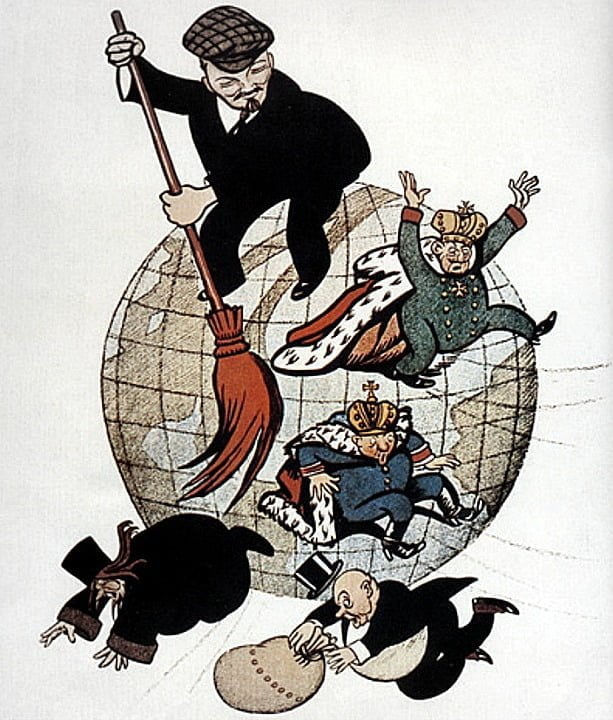
No diplomatic solution is going to be able to stop the real underlying cause of war – which is capitalism. Capitalists resort to war precisely when the ‘normal’ methods of diplomacy and negotiations are insufficient to secure their interests. In the words of Clausewitz, war is simply “the continuation of politics by other means”.
Millions of people are losing their trust in the UN and are looking for a real solution to end the barbarism around us. Communists must therefore expose the hypocrisy of the ruling class, as embodied in institutions like the UN.
Workers and youth should only trust their own forces, and fight the imperialist war through class methods.
The real alternative is the struggle against imperialism and the overthrow of capitalism. That’s why we say: no war but class war; and why we raise the slogan of an ‘intifada’ – i.e. a mass uprising, not just against the Zionist Israeli regime, but against capitalism worldwide.
The way we best support the oppressed in Gaza is to take up the struggle against British imperialism, and to call for workers of the world to do the same against their own ruling classes. The UN is not a tool in that struggle, but quite the opposite.
The struggle against imperialism and capitalism must be based on international working class solidarity, and a programme for the world socialist revolution.

